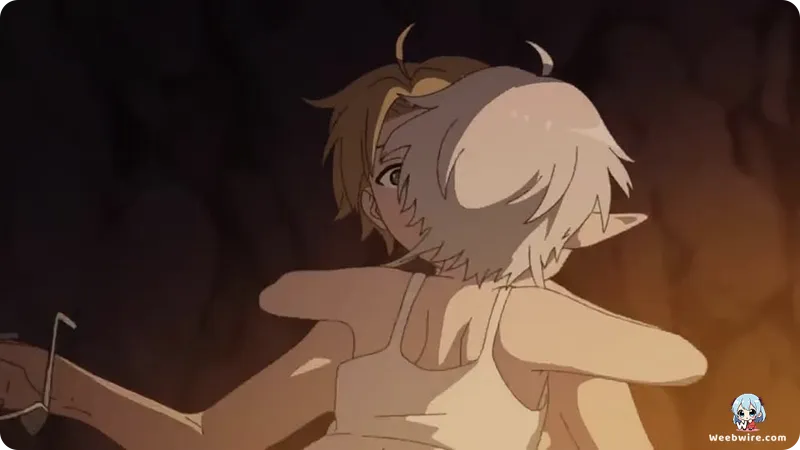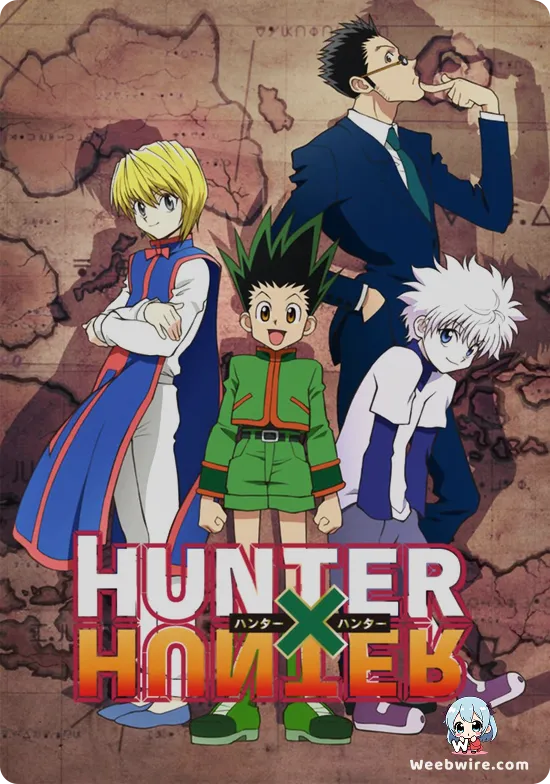Mushoku Tensei: Beyond the Tropes – The Raw Psychological Journey of Rudeus Greyrat

In a genre frequently criticized for its predictable adherence to established tropes, Mushoku Tensei: Jobless Reincarnation, also known by its ongoing arc title Mushoku Tensei III: Isekai Ittara Honki Dasu, has unequivocally cemented its place as a groundbreaking and often intensely debated cornerstone of the 'isekai' anime landscape. While its breathtaking animation and meticulously crafted world naturally captivate audiences, the series truly distinguishes itself through an audacious and often unsettling exploration of its protagonist, Rudeus Greyrat's, deepest psychological landscape. Far from the conventional idealized hero, Rudeus offers an astonishingly raw and sometimes uncomfortable look into the mind of a profoundly flawed individual, transforming the series into a compelling study of human imperfection, resilience, and growth.
Mushoku Tensei plunges viewers into the extraordinary journey of a 34-year-old Japanese NEET who, after a tragic and unremarkable death, is reborn into a vibrant fantasy realm as Rudeus Greyrat. What elevates this narrative beyond typical reincarnation fantasies is its unwavering commitment to portraying Rudeus's past life experiences and deeply ingrained personality traits – including his pervasive perversions, crippling anxieties, and profound social ineptitude – as an inescapable part of his new existence. The anime boldly confronts his less savory thoughts and morally ambiguous actions, presenting them not as mere shock value, but as a relentless internal struggle he must confront and conquer to achieve genuine self-improvement. This unflinching honesty imbues his eventual triumphs with a profound sense of earned victory, moving beyond superficial heroism and offering a more relatable, albeit challenging, path to redemption.
The Unflinching Gaze into Imperfection
Consider, for example, Rudeus's almost compulsive desire to observe women. While often played for uncomfortable humor, this tendency is profoundly rooted in his past life's crippling social anxiety and profound lack of real-world experience. It's a manifestation of his deeply ingrained issues, not a random character quirk. His internal monologues, faithfully adapted from Rifujin na Magonote's original web novel, serve as a stark, unfiltered stream of consciousness. This provides an unparalleled perspective rarely seen in anime, where protagonists typically embody an almost flawless morality, or at least a quickly rectified one. Rudeus's thoughts frequently veer into the petty, self-serving, or lecherous, yet they coexist with moments of startling insight, genuine fear, and burgeoning empathy. This powerful dichotomy is central to the series' narrative, transforming what could easily be a simple power fantasy into a sophisticated character study of a deeply human (albeit reincarnated) individual striving to transcend his former self. It's an unexpected layer of psychological realism that challenges viewers to look beyond surface-level genre conventions and truly engage with the complexities of character development.
A Masterclass in World-Building
Beyond its psychological depth, Mushoku Tensei boasts an exceptionally rich and expansive world-building, a testament to the author's extraordinary dedication. Rifujin na Magonote spent years meticulously constructing the 'Six-Faced World' where Rudeus navigates, detailing its diverse races, intricate magic systems, complex political landscapes, and comprehensive history. Every continent, every culture, and every magical discipline feels meticulously fleshed out, contributing to an unparalleled sense of immersion. This astonishing level of detail extends even to seemingly minor characters, who often possess their own compelling backstories and motivations, making the entire world feel incredibly vibrant and dynamic. This commitment to crafting a truly complete, lived-in universe, far surpassing many early 'isekai' titles, cemented its influence on subsequent entries in the genre, setting a new bar for narrative depth and environmental richness.

The initial reception to the original web novel, and subsequently the light novel and anime, frequently highlighted its daring willingness to push narrative boundaries. Many fans embraced the gritty realism of Rudeus's internal conflicts and the often-uncomfortable scenarios he encountered, seeing it as a refreshing departure from genre norms. While certain elements sparked controversy, the series consistently surprised audiences with its capacity for profound emotional impact. Moments of devastating loss, the intricate complexities of familial bonds, and the arduous journey of healing from trauma are handled with remarkable gravitas, often powerfully juxtaposed against Rudeus's more questionable decisions. This deep emotional resonance is a hallmark of the series: despite its sometimes polarizing content, it consistently delivers a powerful narrative about growth, resilience, and the challenging path to discovering one's true place in a vast, indifferent world. It forces viewers to confront uncomfortable truths about human nature while simultaneously offering a glimmer of hope for self-improvement.
Ultimately, Mushoku Tensei III: Isekai Ittara Honki Dasu transcends mere visual spectacle; it is a profound exploration of human nature at its most raw and imperfect. The courageous decision to present its protagonist, Rudeus Greyrat, with all his vulnerabilities, moral ambiguities, and internal struggles, combined with a world built with astonishing depth and detail, creates a truly unique and surprisingly profound viewing experience. It is a series that boldly asks whether even the most morally compromised individuals can forge a path toward redemption, making its complex journey an essential and thought-provoking experience for any discerning fan of the fantasy genre who appreciates narratives that dare to delve beyond the surface.
Credits
Mushoku Tensei III: Isekai Ittara Honki Dasu
Author
Rifujin na Magonote
Cover Art
Shirotaka
Studio
Toho
Publisher
Kadokawa
Producers





